
The Free Press

I was in a dark and damp tunnel deep underground when, in hushed voices, I heard the stories from the young women. Not stories so much as bits and pieces of living nightmares.
I was with my mother, my protector, who did everything she could to keep me alive while we were in Hamas’s captivity. Together with my two young brothers, aged nine and eleven, the four of us had been taken from our home in Kibbutz Kfar Aza on the morning of October 7, but not before terrorists shot my father, Nadav, point blank, and afterward went after my older sister, Yam, the bullet tearing through her face.
Their blood spattered everywhere. We stepped over my father’s dying body as the terrorists screamed at us, took us out of our home, and drove us into Gaza.
I never got to say goodbye. Any hopes we had that they were still alive were dashed when we heard over the radio that they had been murdered at some point during our captivity.
We were moved a lot during our time in confinement, transferred through a series of homes, apartments, tunnels, and even a mosque in Gaza. Our captors were cruel. During our captivity, they told us they “would be back” to our kibbutz. The fear was paralyzing. It overtook me. I remember saying to my mom when we entered the city, “They’re going to torture me. They’re going to rape me.”
It was in the tunnels that I met other young women. Most of them were just a year or so older than my 17 years. Some still had bloody gunshot wounds that had been left untreated in makeshift bandages. One had a dismembered limb.
I heard from them accounts of terrifying and grotesque sexual abuse, often at gunpoint. They told me that when they were sad and cried, their captors took advantage of their helplessness even more, stroking and caressing them, and then shoving and grabbing intimate parts of their bodies.
They were treated like playthings.
My mother, Chen, hugged them. They told us they hadn’t heard the word Ima (Mom) in so long. They ached for their mothers. My mom later told me that she felt like they all were her daughters, having just lost one of her daughters herself.

These young women were scared and feared for their lives. They begged us to meet with their families if we were released. Tell them you saw us, they said, but don’t tell them everything. Save their souls from the ghastly details, they said, some of them close to their breaking point. They pleaded with us to continue to fight for them. To make sure they come home. Don’t let the world forget us, they whispered.
They told me that more than 50 days ago.
The women I met in captivity are strong. They are resilient. And despite everything they’ve been through—evil that no human being should ever witness—they still grasped on to hope. But when I left them, that hope had started to dwindle.
Living in captivity is unbearable. You live death. The days and nights all blend into one, with thoughts of death rattling your soul. Will I die quickly, like my sister did? Or will it be a long, maddening abuse? Endless, torturous thoughts ran through my brain.
I don’t know if the women I left in the tunnels are still together. As I write these words, I can still see the look in their eyes. What more have they endured? Are they still being abused? Are they still alive?
On November 26 I was released with my mother and my brothers after 51 days in captivity in Gaza.
But I am forever changed. On October 7, I saw evil in its enormity. I saw evil I never thought existed. The villains in the most bone-chilling horror films are nothing compared to the cruelty and brutality of these terrorists.
My family was destroyed by that evil. A murdered father, a murdered sister, 51 days in the hands of terrorists—those are not things you know how to cope with when you’re 17 years old. What I know is that I cannot begin to live my life again until we bring home our sisters and brothers, mothers and fathers, sons and daughters.
I cannot breathe freely knowing that they are still there.
I am only a teenage girl.
But I beg the world to listen to my cry: save them. Bring them home now.
Become a Free Press subscriber today:


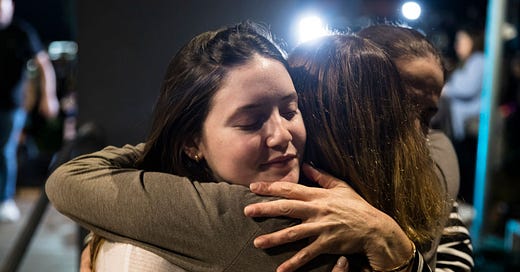




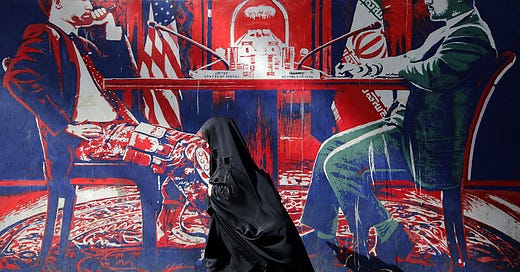
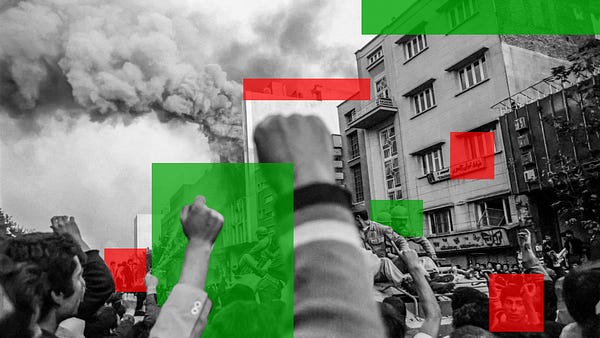

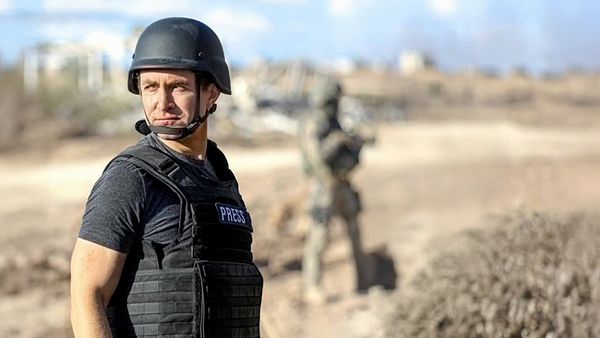

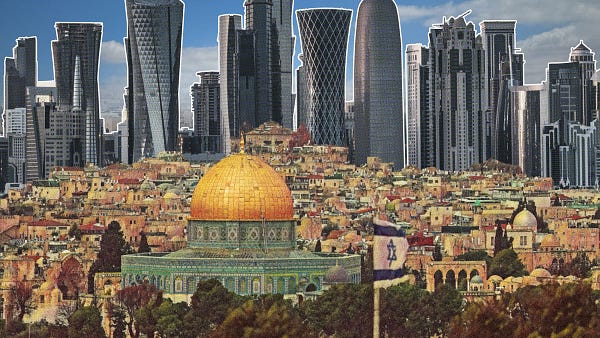

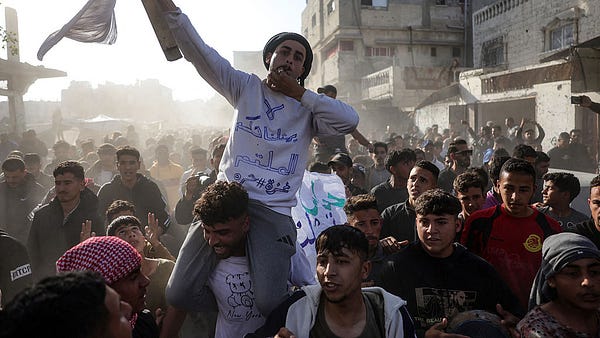

I don't get it! When we had Hostages in the American embassy in Tehran it was in the front page ...Every day the number of days was posted until they came home..We did not forget, because we were not allowed to. Now when I talk about the hostages in Gaza to friends they shut me down they do not want to hear about it... We should be Shouting !!!! Loud and then again, repeating "bring them home" till all the hostages are released. I send my love and energy hoping somehow they will know we have not forgotten them. Thank you for sharing your experience.
Heartbreaking.